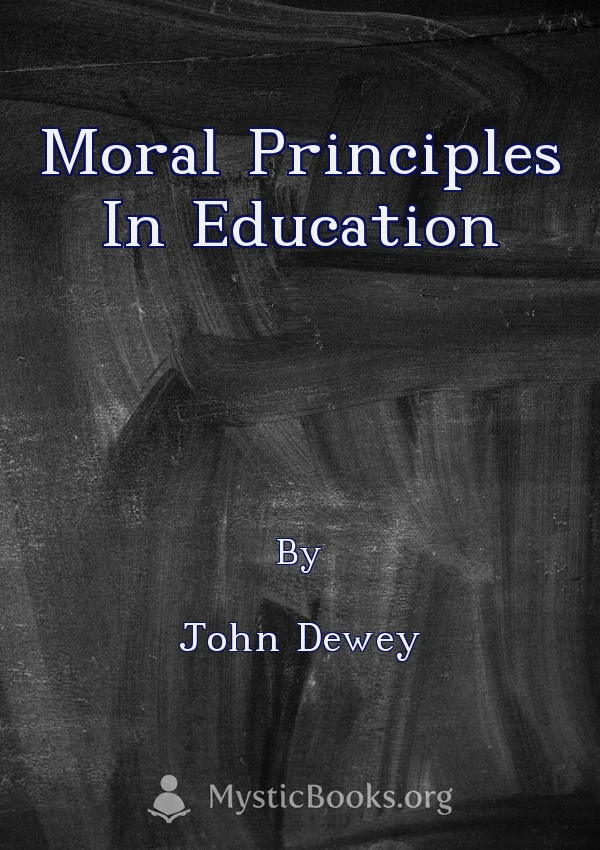
Moral Principles in Education
by John Dewey
'Moral Principles in Education' Summary
John Dewey's "Moral Principles in Education" outlines a comprehensive approach to moral education, grounded in his pragmatist philosophy. He challenges traditional notions of moral instruction, arguing that ethical behavior is not simply learned through rules or by rote memorization. Instead, Dewey proposes that true moral development occurs through active participation in the school community, where students learn to value social responsibility, democratic principles, and the well-being of others. He examines the role of the curriculum, emphasizing the importance of integrating moral considerations into all aspects of learning, including the methods of instruction and the social nature of the curriculum itself. Dewey also explores the psychological foundations of morality, arguing that ethical conduct stems from a deep understanding of one's own emotions, motivations, and the consequences of actions. The book delves into the complexities of character development, suggesting that moral training requires a holistic approach that embraces intellectual, emotional, and social growth. Ultimately, Dewey envisions a school system that fosters not only academic success but also the development of responsible, ethical citizens who are prepared to contribute meaningfully to a democratic society.Book Details
Language
EnglishOriginal Language
Published In
Authors
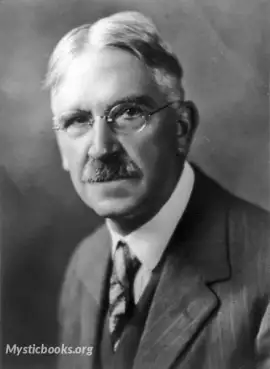
John Dewey
United States
John Dewey was an American philosopher, psychologist, and educational reformer whose ideas have been influential in education and social reform. He was one of the most prominent American scholars in t...
Books by John DeweyDownload eBooks
Listen/Download Audiobook
Unfortunately, no Audiobooks/Narrations exist for this book, yet...
Related books
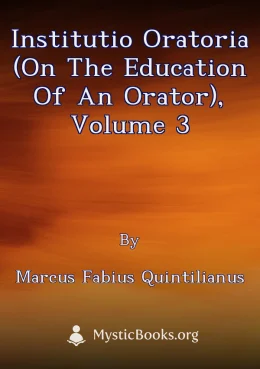
Institutio Oratoria (On the Education of an Orator), volume 3 by Marcus Fabius Quintilianus
Quintilian's *Institutio Oratoria* is a comprehensive treatise on the art of oratory, offering guidance for aspiring orators in Roman society. This vo...
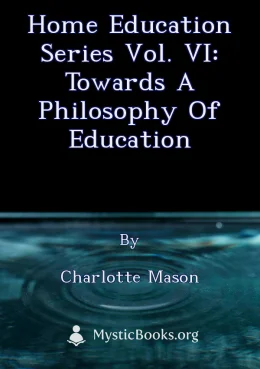
Home Education Series Vol. VI: Towards A Philosophy of Education by Charlotte Mason
This book, part of the renowned Home Education Series, delves into Charlotte Mason's philosophy of education. It outlines her vision for a liberal edu...
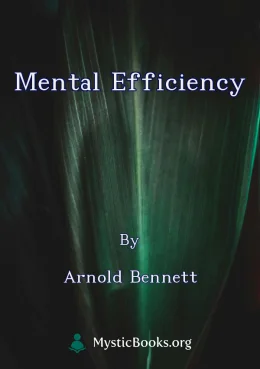
Mental Efficiency by Arnold Bennett
Mental Efficiency by Arnold Bennett is a collection of essays that offer practical advice on how to improve your mental abilities and live a more prod...
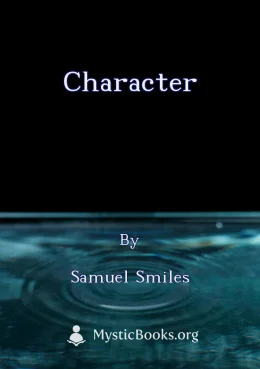
Character by Samuel Smiles
This book delves into the essential qualities that define individuals of exceptional character. Drawing from historical and contemporary examples, Sam...
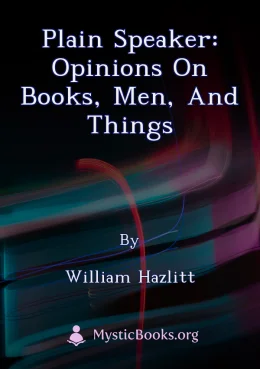
Plain Speaker: Opinions on Books, Men, and Things by William Hazlitt
This posthumously assembled collection of essays by William Hazlitt, organized by his grandson, presents a diverse range of Hazlitt's insights on vari...

Initiates of the Flame by Manly P. Hall
Initiates of the Flame is a book about the spiritual flame that nourishes all created things and the initiates who guard it. It explores the mysteries...

Journal of Henry David Thoreau Volume 1: 1837 - 1846 by Henry David Thoreau
This volume of Henry David Thoreau's journals, spanning the years 1837-1846, offers a rich and insightful glimpse into the mind and experiences of one...
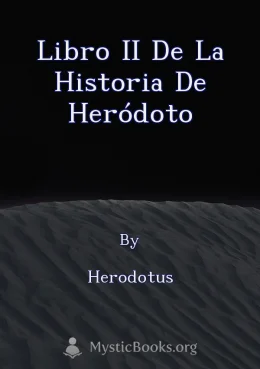
Libro II de la Historia de Heródoto by Herodotus
This book is the second volume of Herodotus' Histories, a seminal work of Greek historiography. Written in the 5th century BCE, the Histories provide...
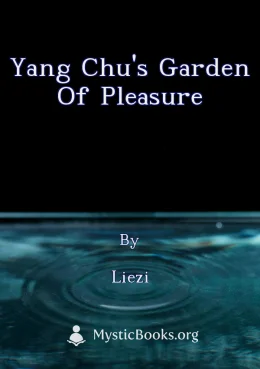
Yang Chu's Garden of Pleasure by Liezi
At the Court of Liang at the period of Yang Chu, about 300 B.C., the philosophers were treated as guests of the reigning king, who reserved for them l...
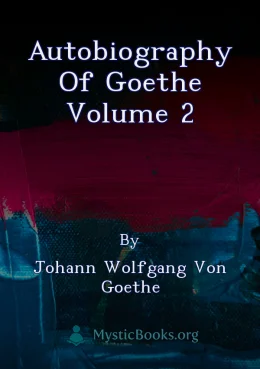
Autobiography of Goethe Volume 2 by Johann Wolfgang von Goethe
Goethe's *Autobiography*, a two-volume work, offers an intimate and insightful chronicle of his life and experiences, spanning from his youth to his m...
Reviews for Moral Principles in Education
No reviews posted or approved, yet...